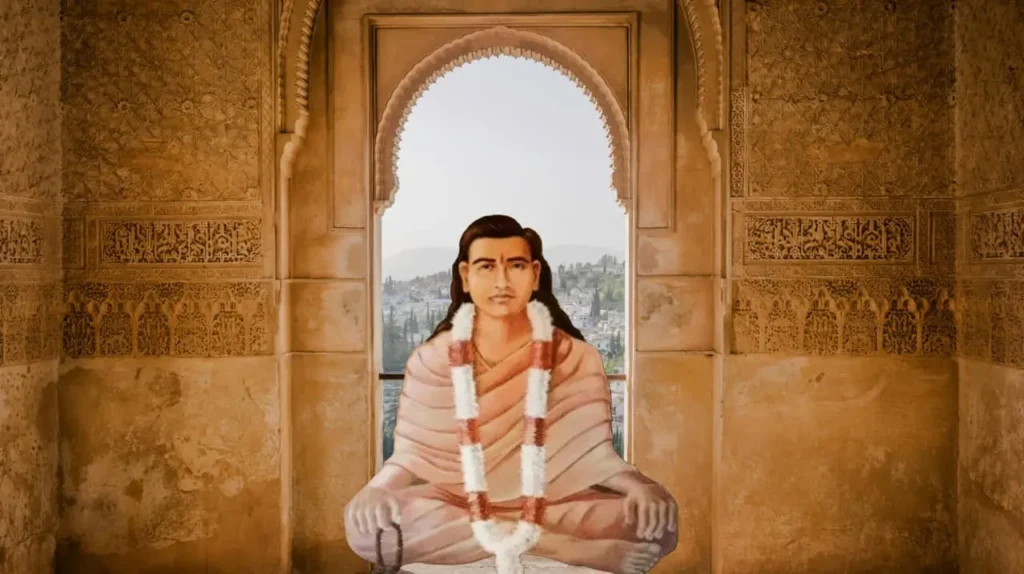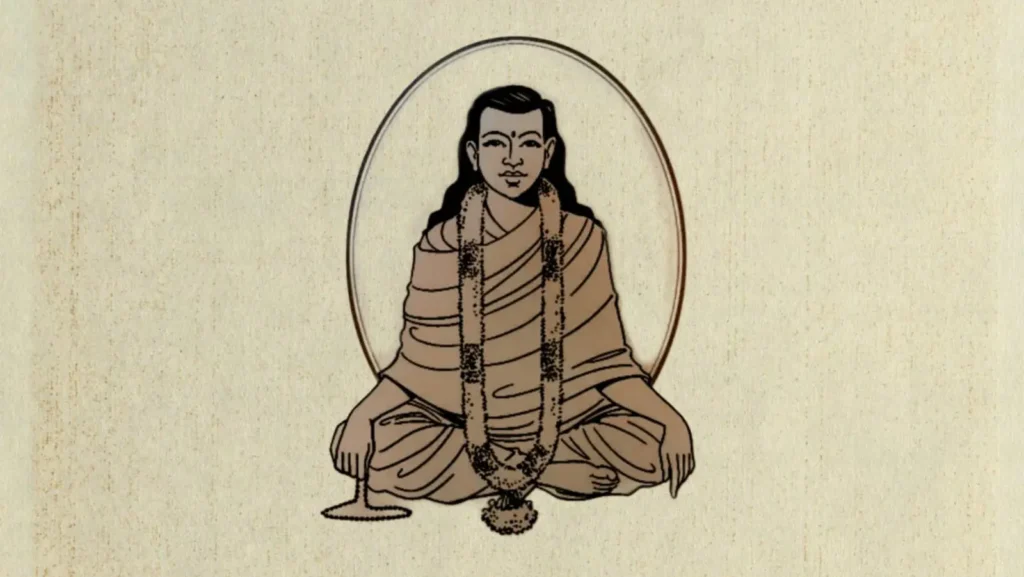
Table of Contents
Introducing Bhima Bhoi – The Voice of the Voiceless
In the heart of 19th-century Odisha, when casteism, ritualism, and religious orthodoxy clouded society, a saint-poet emerged whose voice transcended barriers — Bhima Bhoi. Moreover, a visionary mystic, a rebel against inequality, and a deeply spiritual humanist, Bhima Bhoi carried the torch of Mahima Dharma, preaching a religion of truth, simplicity, and universal brotherhood.
Therefore, through this blog, let’s walk into the life, thoughts, and legacy of Santha Kavi Bhima Bhoi, the poet-prophet whose words continue to echo across generations.What is Mahima Dharma? – The Context That Birthed a Revolution
A Break from Orthodoxy
Founded in 1826 by Mahima Gosain, this Dharma or path was not just another religious sect — it was a spiritual revolt. Moreover, emphasizing “One God, One Dharma, and No Caste”, Mahima Dharma worshipped Sunya Brahma — the formless, attributeless supreme being. Consequently, the religion rejected idol worship, caste hierarchy, priest dominance, and blind rituals.
Then came Bhima Bhoi — the voice that turned the philosophy into a people’s movement.Early Life & Spiritual Awakening
Rising from Obscurity
Enlightenment Through Struggles

Bhima Bhoi as a Poet – The Soul of Mahima Dharma
The Literary Legacy
- Stutichintamani (Jewels of Spiritual Hymns)
- Bhajanamala
- Brahma Nirupamagita
- Nirveda Sadhana
- Srutinishedhagita
- Astaka Behari Gita
A Cry for Humanity
Perhaps the most iconic lines from Stutichintamani reflect his ultimate sacrifice:
“Let my life go to hell if it can save the world.”
“Mo jibana pachhe narke padithau, jagata uddhara heu.”
Social Reformer in the Garb of a Saint
Fighting Caste and Ritualism
- There are only two real jatis – man and woman.
- Idol worship is meaningless, as divine presence lies within.
- One’s profession doesn’t define purity – what matters is devotion and righteousness.
Furthermore, he preached:
“If you seek caste, you’ll never find liberation. If you seek liberation, you’ll forget caste.”
Relevance of Bhima Bhoi Today – A Timeless Voice
Even today, Bhima Bhoi’s messages are startlingly relevant. Indeed, in a world grappling with inequality, discrimination, and moral decay, his teachings on equality, dignity, and unity are more needed than ever.
Moreover, he not only carved out a unique spiritual path for the marginalized but also dreamt of an egalitarian society free from social evils.People Also Ask
1. Who was Bhima Bhoi?
2. What is Mahima Dharma?
3. What are Bhima Bhoi’s famous works?
4. What is the philosophy of Bhima Bhoi?
5. Is Bhima Bhoi worshipped today?
Conclusion
Bhima Bhoi’s life wasn’t just a poetic journey — it was a revolution wrapped in devotion. In fact, his words challenged age-old systems. Moreover, his poetry offered solace. Furthermore, his path offered hope to the oppressed.
If you’re someone who values truth over tradition, equality over ego, and inner divinity over outer display — Bhima Bhoi’s legacy is your beacon.